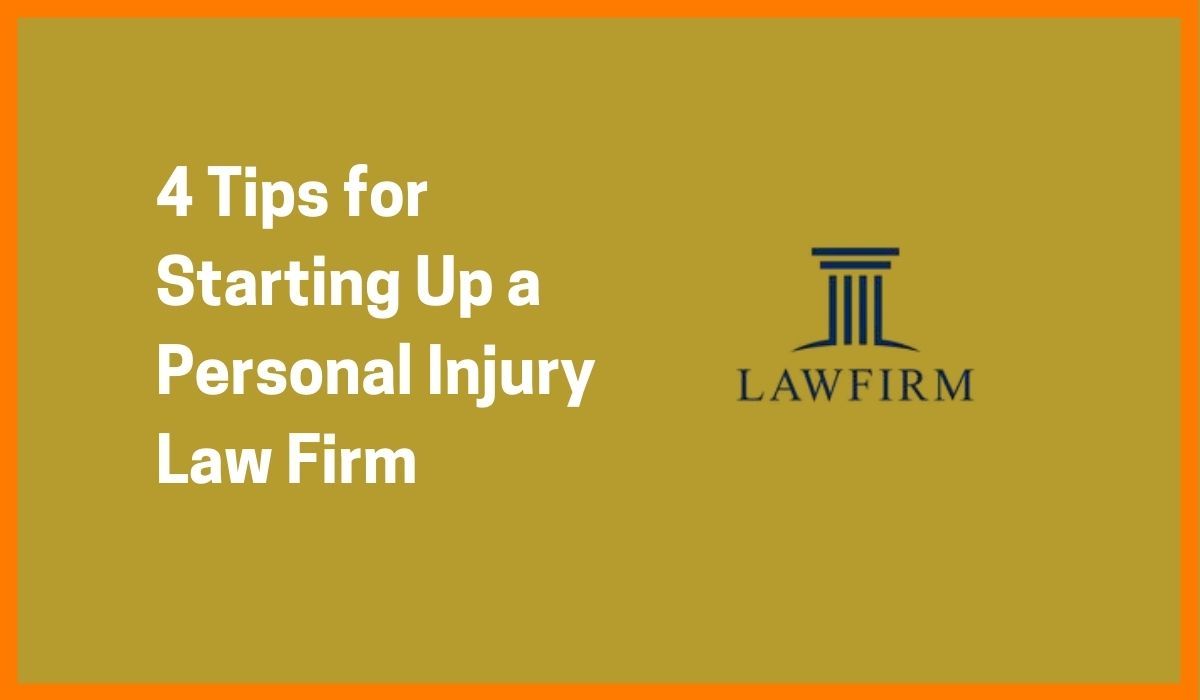Winning Your Case: How to Prepare for a Personal Injury Trial
Facing a personal injury trial can be overwhelming, but preparation is the key to success. Whether you’ve suffered an accident, injury, or negligence, understanding the process can make a big difference in how you handle your case. Navigating the world of personal injury law requires careful planning, detailed documentation, and a strong legal strategy. If you’re getting ready for your day in court, this guide will help ensure you’re as prepared as possible.
1. Understand the Basics of Personal Injury Law
Before diving into the specifics of your trial preparation, it’s essential to understand what personal injury law entails. This legal field covers any harm you’ve experienced due to someone else’s negligence, whether through an auto accident, slip and fall, or medical malpractice. Knowing the foundation of your case and the law behind it will empower you to ask the right questions and collaborate more effectively with your attorney.

2. Consult with Your Attorney
Your attorney will be your most valuable resource as you prepare for a personal injury trial. Schedule multiple meetings with your lawyer to review your case’s details, the trial process, and the strategy for court. Your attorney will help you understand what to expect, including the timeline, any potential obstacles, and how to present your side of the story effectively. Communication is key—be sure to ask for clarity if there’s something you don’t understand.
3. Gather and Organize Evidence
One of the most critical aspects of preparing for trial is having all your evidence ready and well-organized. This includes medical records, photos of injuries, accident reports, and any correspondence you’ve had with the defendant. Make sure to provide your attorney with every document, photo, or witness statement that could help strengthen your case. A well-documented case makes it easier for the court to see the full picture of what happened.
4. Prepare Your Witnesses
If you have witnesses that will testify on your behalf, it’s important that they are prepared as well. Whether they are expert witnesses, like doctors or accident reconstruction specialists, or personal witnesses who saw the event, they need to be ready to speak confidently about their observations or professional opinions. Meet with your witnesses ahead of time to go over their testimony and ensure they understand the importance of sticking to facts.
5. Rehearse Your Testimony
When preparing for a personal injury trial, your own testimony can be one of the most powerful elements of your case. Rehearse what you will say with your attorney to make sure you are clear, concise, and truthful. The more prepared you are, the more confident and credible you will appear in court. Remember to focus on the facts and avoid exaggeration—truthfulness is essential in personal injury law.
6. Familiarize Yourself with Court Procedures
The courtroom can be an intimidating place if you’re unfamiliar with the procedures and expectations. Your attorney will guide you through what will happen during the trial, from opening statements to cross-examinations. Learn about proper courtroom etiquette, such as addressing the judge, when to speak, and how to remain composed under questioning. The more comfortable you are with these procedures, the less nerve-wracking the experience will be.

7. Prepare for Possible Settlement Offers
It’s not uncommon for the opposing party to offer a settlement before or during the trial. It’s important to be mentally prepared for this and to clearly understand what would be an acceptable settlement amount. Your attorney can advise whether it’s in your best interest to settle or proceed with the trial. Sometimes, accepting a fair settlement can save time, stress, and the uncertainty of a trial outcome.
8. Take Care of Your Well-Being
Preparing for a personal injury trial can be emotionally and physically taxing. Make sure to take care of your mental and physical health during this time. Get plenty of rest, eat well, and practice stress-relieving activities such as meditation or light exercise. A clear mind and healthy body will help you stay focused and present throughout the trial process.
Conclusion
Preparation is the cornerstone of a successful personal injury trial. You can present a strong case by understanding personal injury law, working closely with your attorney, gathering evidence, preparing witnesses, and familiarizing yourself with court procedures. While the process may seem daunting, careful preparation and support from legal experts will help you confidently face your trial and fight for the justice you deserve.




